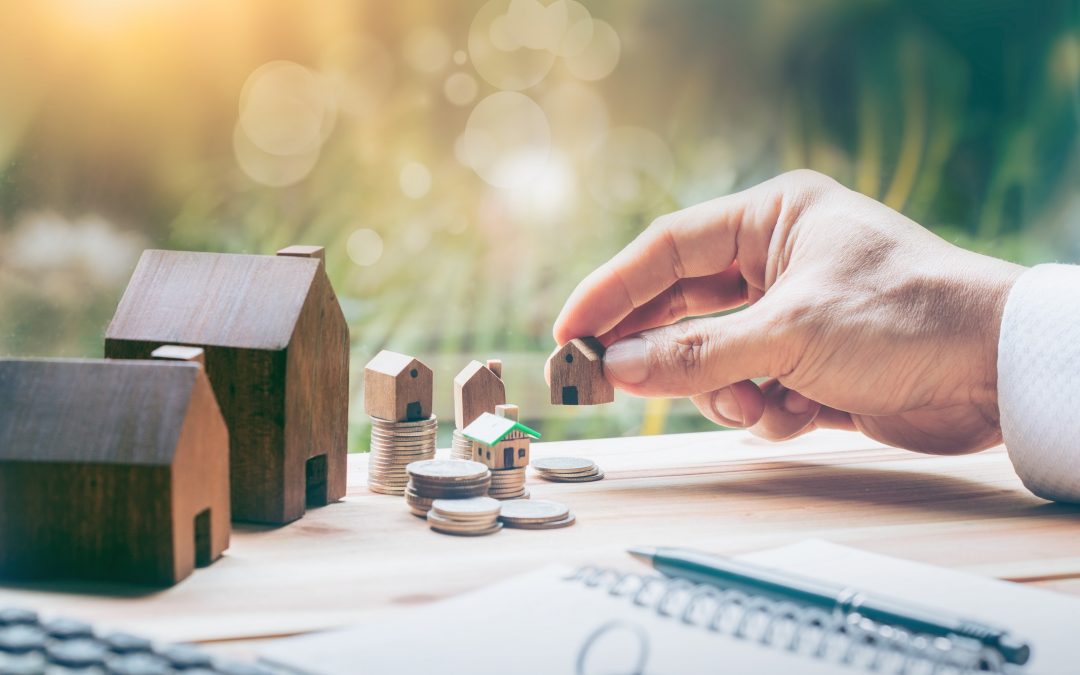Seasoned investors know opportunities abound in real estate.
They know that purchasing an investment property generates predictable cash flow, builds wealth through appreciation, builds equity, reduces overall taxes through deductions, and offers many more lucrative benefits.
But if you haven’t invested in real estate before, you may feel lost stepping onto unfamiliar ground.
What should you look for when investing in real estate?
Don’t go looking around for investment properties with untrained eyes — you don’t want to buy an investment property that turns out to be more trouble than it’s worth. Try to avoid total fixer-uppers since you may end up paying more to fix them than what you’d make on their sales.
That said, if you’re a skilled at home improvement and can do the work yourself, keep an eye out for property in need of moderate repairs priced at below-market rates — chances are much higher you can fix these up and still make a profit.
Pro tip! If you’re concerned about repair and upkeep costs, start small with an apartment, condo, or small low-cost home. These properties should present fewer repair and upkeep demands than mid- to large-size houses, duplexes, triplexes, and so on.
Location is huge, too, since you’ll want to buy property where your ideal tenants and buyers want to live. Most importantly, location will determine your returns. After all, real estate appreciates more quickly in high-demand locales, and the higher the market value of your property, the more rent you can charge.
You’ll need to do your research to pick the best location — just keep your goals for your returns in mind.
How do you know whether a real estate investment is profitable?
Most real estate investors consider a return on investment (ROI) of 8 to 10 percent to be profitable. You can calculate the ROI you expect to see for each rental property you look at by using the following three steps:
- Add up the rental income you expect to receive in a year.
- Subtract your expenses — repairs, water bills, property taxes, etc. — from your yearly rental income to get your cash flow.
- Divide your cash flow by the amount of your investment to get your ROI.
Let’s look at an example. For simplicity’s sake, say you’re looking to buy a rental property worth $150,000. Rent would be $1,500 per month, at 1 percent of the property’s market value.
Your annual rental income would be $18,000, but you would expect to pay $3,000 in expenses (taxes, utilities, and minimal upkeep), leaving you with a $15,000 cash flow, which is 10 percent of your investment. Your ROI would be 10 percent, which is profitable.
Of course, these calculations assume you’ll have tenants throughout the year and you won’t have to pay out of pocket for high unforeseen expenses, such as major repairs. You can also use this ROI calculator to help you evaluate a property’s profitability.
How much money do you have to put down?
To get a conventional mortgage, you’ll need to hand over 20 percent or more upfront. Some loans require a smaller down payment; Federal Housing Administration (FHA) loans currently require 3.5 percent down. To learn more about down payments, head over to our guide on investing in real estate.
Is rental property a good investment?
If you have the money to put down on a rental property — and you’re smart about the property you buy — you can generate a high ROI, making you money while you sleep. Also, a rental property will pay its own mortgage.
The bottom line
Every seasoned investor knows the value in purchasing an investment property. Finding the perfect property to rent out or resell is a terrific way to generate wealth and grow your nest egg.




